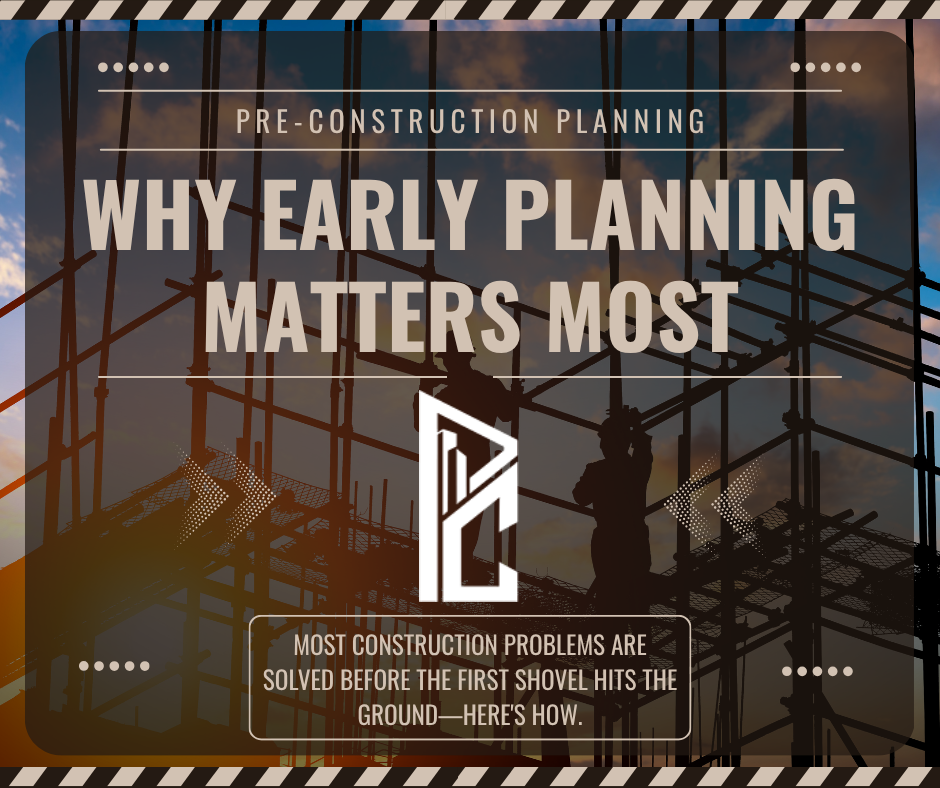
Why Pre-Construction Planning Matters Most
Investing time and resources in planning before breaking ground delivers benefits that resonate throughout the project lifecycle. Key reasons include:
- Budget Control: Early cost estimation and value engineering prevent overruns.
- Risk Mitigation: Identifying potential issues—environmental, logistical, legal—avoids delays.
- Schedule Efficiency: A realistic, phased timeline reduces downtime and accelerates delivery.
- Quality Assurance: Defining standards and materials upfront upholds workmanship.
The Construction Management Association of America provides resources on effective pre-construction planning and project management best practices.
Key Components of Pre-Construction Planning
- Site Analysis
- Soil reports, topography, utility access.
- Environmental impact studies.
- Design Development
- Concept validation with stakeholders.
- Integration of architectural, structural, and MEP systems.
- Cost Estimation and Budgeting
- Strategic meeting hotel brand standards requires accurate cost estimation and value engineering to maximize project value.
- Schedule and Phasing Strategy
- Procurement Planning
- Material lead times and supplier selection.
- Subcontractor bidding strategies.
- Risk Assessment and Mitigation Plans
- Regulatory Approvals and Permitting
- For senior care projects, understanding what developers need to know about construction planning is essential during the permitting phase due to unique regulatory requirements.
Benefits of Effective Pre-Construction Planning
- Aligned expectations among owners, designers, contractors.
- Strong contractor-developer partnerships built during planning lead to smoother project execution.
- Reduced change orders and costly rework.
- Improved site safety and compliance.
- Transparent communication channels.
- Optimized resource allocation.
Best Practices for Success
- Assemble a multidisciplinary team early.
- Industry organizations like the Associated General Contractors offer guidance on assembling effective construction teams and planning processes.
- Define clear project objectives and deliverables.
- Leverage technology (e.g., BIM, scheduling software).
- Conduct value engineering workshops.
- Develop contingency and escalation plans.
- Maintain continuous stakeholder engagement.
Learn about choosing the right hotel general contractor to ensure you’re assembling the right team from the start.
Case in Point
On a recent commercial build, proactive planning uncovered a buried utility corridor during site analysis. By rerouting and adjusting the design before mobilization, the team avoided a six-week delay and saved over 10% of the projected budget.
View our completed projects to see the results of thorough pre-construction planning across hospitality, senior living, and commercial sectors.
Conclusion
Pre-construction planning is not an optional luxury but the cornerstone of every successful project. By front-loading effort into analysis, design, budgeting, and risk management, teams can deliver on time, within budget, and to the highest quality standards.
